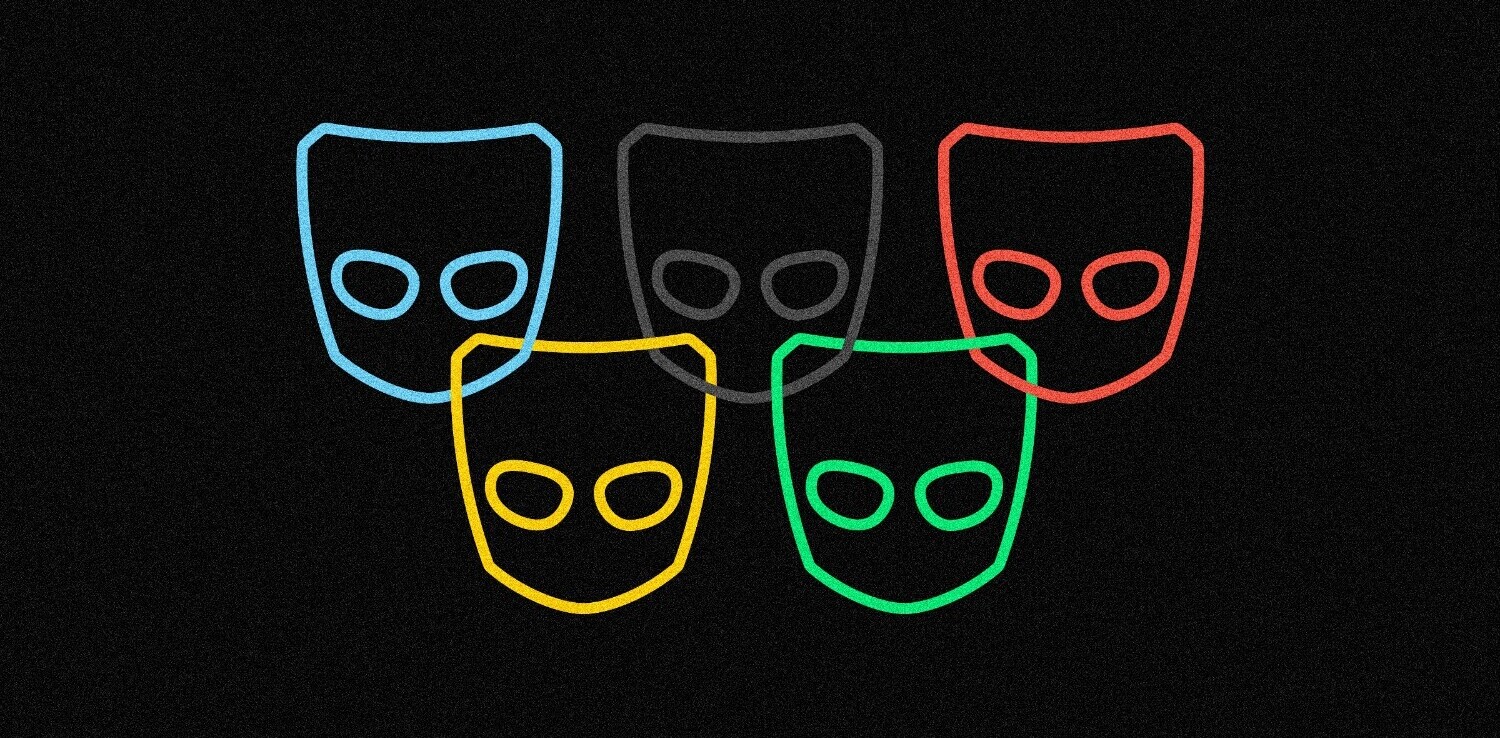
 Facebook hit 500 million active users back in July. Last week, rumours were rife that the 600 million mark was surpassed.
Facebook hit 500 million active users back in July. Last week, rumours were rife that the 600 million mark was surpassed.
Even if this claim proves to be premature, the world’s preeminent social network is certainly close to achieving this amazing milestone. And one hundred million new users in six months is staggering.
Now, if you’re a ‘glass half-full’ kind of person, then you’d perhaps say that almost 10% of the Earth’s population uses Facebook. But I get the distinct impression that Mark Zuckerberg has just a smidgen of the ‘glass half-empty’ syndrome, meaning that over 90% of planet Earth has yet to sign-up for Facebook. Quite the challenge…
So, where have these 6 billion-plus people been hiding? Don’t they know about Facebook? Do they know it’s available in almost seventy languages?
Well, it seems the answer lies in the bigger technological picture: Internet penetration.
Internet penetration vs. Facebook uptake
The US and UK are among Facebook’s highest performing countries, both in terms of penetration and the overall number of users, but they are actually now amongst the slowest growth countries for Facebook, simply because it’s reaching saturation point.
Not surprisingly, the US and UK also have very high Internet penetration, with 77.3% and 82.5% respectively. And in the past decade, the online population of both countries has grown by an average of 192% between them.
Now contrast this with the BRIC countries. Brazil only has 37.8% Internet penetration, but its growth over the past decade has seen a 1,418% rise. Russia’s Internet penetration is only slightly more at 42.8%, which represents a growth of 1,825% since 2000. And check this – less than 7% of India is hooked up to the World Wide Web, but that is still a growth of 1,825% in the last ten years. Finally, just under a third of China is now online, which means its Internet populace has grown by 1,766% since the turn of the century.
Looking at Facebook’s growth figures over the past six months, the Chinese people are doing a stellar job of defying attempts to restrict access to the website, and users have grown by 90%, which makes it Facebook’s fastest growing country…on paper, at least. Similarly, Brazil and Russia have seen Facebook’s uptake increase by over 50%, whilst the Indian market has grown by over 40%.
But with Facebook penetration in all the BRIC countries still lingering well below the 5% mark, there’s clearly room for Facebook to grow significantly, in some of the world’s most populated countries.
Internet access is on the rise
High-speed Internet access is increasing all the time, across Asia and many other developing regions, which is why 2011 could well be the year Facebook hits the magic billion-users mark. That’s how social networks work: the more people that join, the faster they grow.
That is, of course, until saturation point is reached. But as we can see, Facebook is still far from saturation in many parts of the world, even in places where it IS the number one social network, such as India.
For social networks to work, everyone has to use the same platform, which is one of the main reasons Facebook will continue to grow into the stratosphere.
With social networks, once a growth-spurt starts it keeps going because it is rather difficult, not to mention impractical, for anyone to shout ‘right, everyone, let’s move over to this other social network, spread ourselves out a bit.’ Sure, you can cite Bebo and Myspace as examples of social networking sites falling from grace, but Facebook is past the point of no return…it’s too big to stop now.
Retention is key to any social network’s longevity, and the more Facebook grows, the less likely it is to lose people. So can Facebook get 400 million more users by the end of 2011? Don’t hold me to it, but I’ll say…probably.
Get the TNW newsletter
Get the most important tech news in your inbox each week.





